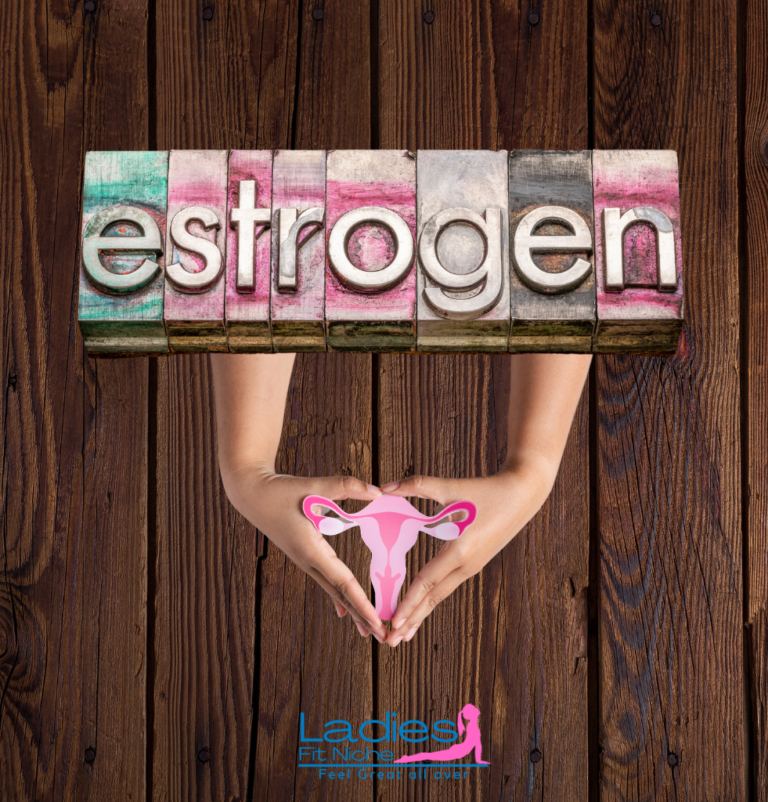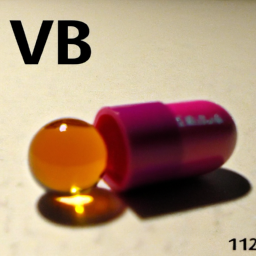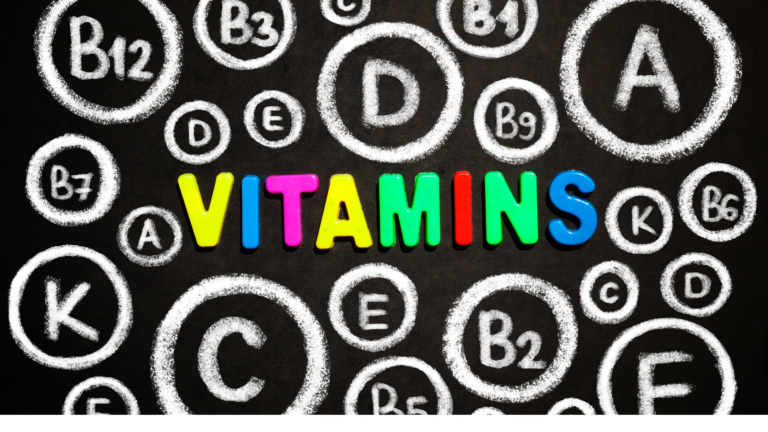Is Perimenopause Turning Your Life Upside Down? Discover What Women Over 40 Need to Know Now
Is perimenopause turning your life upside down? Don’t worry, you’re not alone. In this article you will discover all you need to know about these life-changing stages. From hot flashes to mood swings, we’ll give you the tools to conquer this challenge and emerge stronger than ever. Read on to discover how you can take control of your health and wellbeing during menopause and perimenopause.
As women age, they often experience a battle between hormones. Menopause and peri-menopause are two distinct stages of life that every woman goes through, but it can be difficult to know how to navigate these changes without understanding the underlying biology.
This article will take an in-depth look at perimenopause in order to give you the information you need to make informed decisions about your health. We’ll discuss its effects on the body, as well as strategies for managing symptoms associated with them.
By arming yourself with knowledge about this powerful transition in life, you’ll be better prepared to handle any challenges that may arise – all while helping others who may find themselves struggling with similar issues during their own journey through menopause and perimenopause.
What Is Perimenopause?
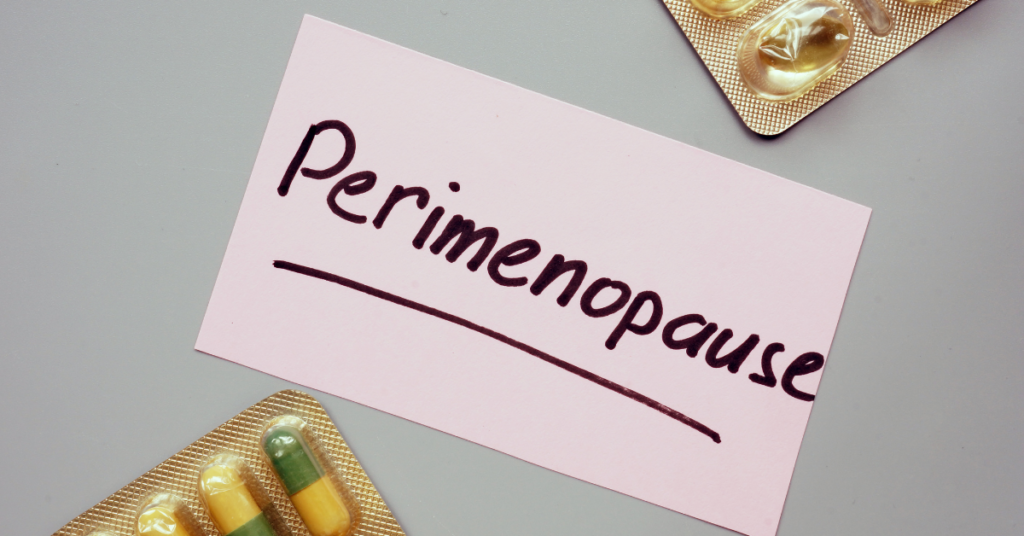
I’m sure many of us have heard of menopause, but do you know what perimenopause is?
Perimenopause is a transitional period in a woman’s life that signals the beginning of her reproductive hormones declining. This stage can be challenging as women experience hormonal fluctuations and, lifestyle changes that can affect their daily lives.
Fortunately, there are many lifestyle changes, dietary modifications and a variety of treatments available to help ease the transition and manage symptoms. So do not worry, because with the right care, perimenopause doesn’t have to be a difficult time.
Causes of Perimenopause in Women 40+
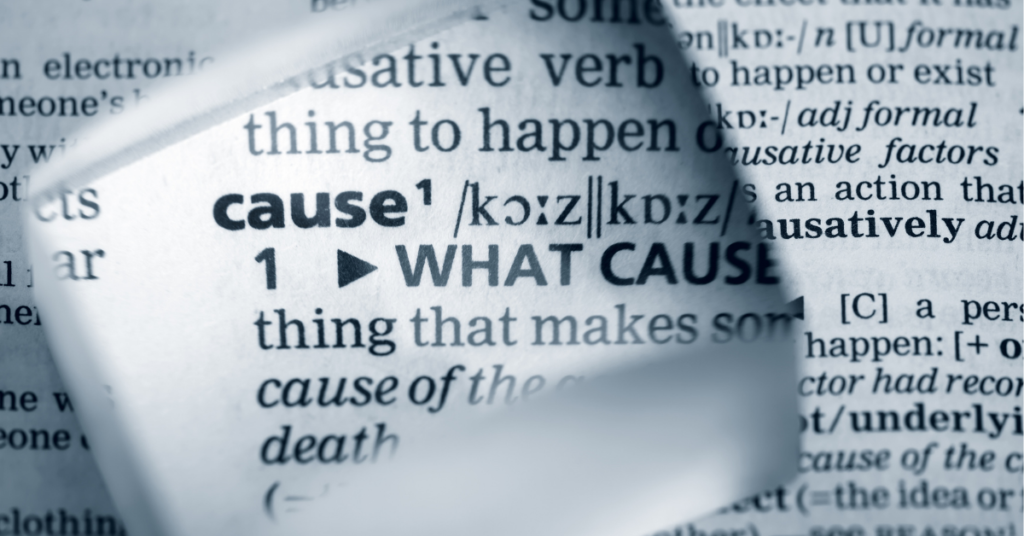
Perimenopause is a natural process that occurs as a woman’s body begins to transition towards menopause. It typically begins in a woman’s 40s but can start as early as her mid-30s.
During perimenopause, a woman’s ovaries begin to diminish estrogen and progesterone levels creating hormonal imbalances, which can lead to changes in her menstrual cycle and a variety of other symptoms.
In fact, there are a number of factors that can contribute to the onset of perimenopause, including genetics, lifestyle factors, and medical conditions. For example, women who smoke, have a family history of early menopause, or have undergone certain cancer treatments may be at a higher risk of early perimenopause.
Additionally, some medical conditions such as thyroid disease, autoimmune disorders, and certain medications can also impact a woman’s hormonal balance and lead to the onset of perimenopause.
It’s important to note that every woman’s experience with perimenopause is unique, and there is no way to predict exactly when it will begin or how long it will last. However, by understanding the potential causes and being aware of the symptoms, women can take steps to manage their symptoms and maintain their overall health during this transition.
Keeping track of how you’re feeling and making necessary adjustments will help you stay balanced during this transitional phase.
Also, consulting with a healthcare provider is always recommended to discuss individual situations and treatment options.
Symptoms
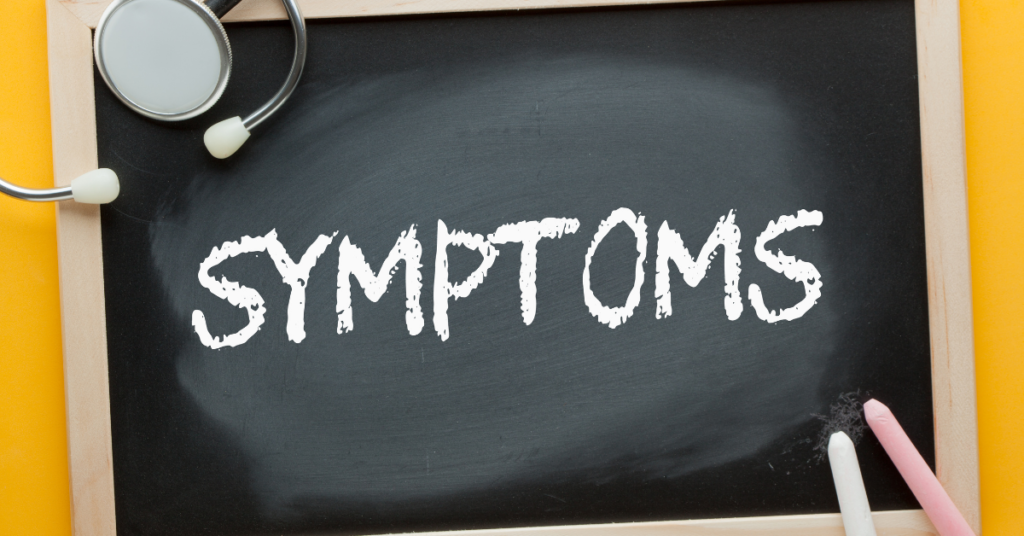
As you enter the perimenopausal stage of life, you may experience a variety of symptoms. While the following list provides a comprehensive overview, it’s important to understand that every woman’s experience is unique. Some women may experience all of these symptoms, while others may only experience a few.
So, if you are experiencing any of the symptoms listed below, it’s always best to consult with a healthcare provider to discuss your specific situation and find the best treatment options for you to say balanced during this phase.
Here’s the list of possible symptoms women may experience during the perimenopausal stage of life:
- Irregular periods: As hormone levels fluctuate, periods may become shorter or longer, lighter or heavier, or occur more or less frequently.
- Hot flashes: A sudden feeling of warmth that spreads throughout the body, often accompanied by sweating and a rapid heartbeat.
- Night sweats: Hot flashes that occur during sleep, causing excessive sweating and discomfort.
- Mood changes: Hormonal fluctuations can cause mood swings, irritability, anxiety, and depression.
- Vaginal dryness: A decrease in estrogen levels can lead to vaginal dryness, itching, and discomfort during sex.
- Insomnia: Difficulty falling asleep or staying asleep, often due to hot flashes or night sweats.
- Fatigue: A feeling of tiredness or lack of energy that is not relieved by rest.
- Joint and muscle pain: Hormonal changes can cause joint and muscle pain, particularly in the back and hips.
- Changes in libido: A decrease in estrogen levels can lead to a decrease in sex drive.
- Dry skin and hair: Hormonal changes can cause dry skin and hair, as well as thinning hair.
- Weight gain: Hormonal changes can cause a decrease in muscle mass and an increase in body fat, particularly around the waist.
- Headaches: Hormonal changes can trigger migraines or tension headaches.
- Changes in Cholesterol Levels: . When Estrogen levels decline it’s common to experience changes in cholesterol levels. Unfortunately, these changes can often be unfavorable and increase the risk of heart disease.
Perimenopause Treatments

Fortunately there are ways and treatments to help cope with this difficult life process.
Hormone replacement therapy (HRT) is one option that may help alleviate symptoms associated with this transition period and can be tailored to the individual’s needs.
Additionally, making lifestyle changes such as getting regular exercise, eating a balanced diet, reducing stress levels and getting enough sleep can also improve how you feel.
Alternative medicine like acupuncture, herbal supplements and mindfulness practices have been known to offer relief as well.
It’s important to note that while these treatments may provide some symptom relief they won’t stop or reverse menopause itself – but they can certainly make this stage of life much more manageable
Ultimately, finding the right approach for your own body will likely require experimentation and consultation with your healthcare provider. Working together you can come up with a plan that fits into your lifestyle so you can get back on track feeling better than ever!
Managing hot flashes can be done through lifestyle changes like avoiding triggers like caffeine and alcohol, and wearing layered clothing.
Treating hormone imbalance involves hormone replacement therapy, either with oral or transdermal medication, to help relieve symptoms.
With the right treatment, you can feel more in control of your menopause and perimenopause symptoms.
Managing Hot Flashes

Hot flashes are one of the most common symptoms that women experience during both menopause and perimenopause.
It’s important to manage them effectively, so you don’t feel like your life is out of control.
Exercise can be a great way to help reduce hot flash frequency and intensity – it releases endorphins which act as natural mood boosters.
To get the most benefit from exercise, aim for at least 30 minutes per day.
Changing up your diet can also help manage hot flashes; try cutting down on caffeine intake and adding more fruits, vegetables, and whole grains into your daily meals.
Hormone therapy may also be an option if you’re struggling with severe hot flashes.
Talk to your doctor about what treatment might work best for you!
Taking charge of these changes will make sure that you stay healthy and in control throughout this transition period.
Treating Hormone Imbalance

Hormone imbalance can also be a contributing factor to menopause and perimenopause symptoms. Treating this can result in improved overall health, but it’s important to discuss your options with a doctor as there are varying levels of severity that might require different treatments.
Exercise therapy, dietary changes, and stress reduction are all great ways to take control of your hormone balance naturally. Incorporating these strategies into your lifestyle will help you reach optimal hormonal balance while maintaining the other aspects of healthy living such as regular exercise and proper nutrition.
With careful monitoring and guidance from medical professionals, managing hormones during this transition period should become easier over time.
Summary
The battle of hormones between menopause and perimenopause can be a difficult experience for many women. It’s important to understand the causes, symptoms, and treatments available in order to manage hormonal imbalances during this transition period.
In some cases, lifestyle changes such as regular exercise or dietary adjustments may help alleviate some of the discomfort associated with these issues. Additionally, emotional support from family members, friends, and medical professionals is often critical for managing any anxiety or depression that may arise during this time.
It’s essential that women who are going through menopause or perimenopause receive the best care possible in order to ensure their physical and mental well-being throughout this process. While there are various pharmacological treatments available to reduce symptoms related to hormonal fluctuations, it’s also important to remember the value of holistic approaches such as stress reduction techniques and healthy living practices.
Having an understanding of what one is going through and having access to resources like support groups can make all the difference when navigating through this transitional phase. Women should not hesitate to seek out assistance when needed; seeking help at the right time can provide much needed relief on many levels.
It is also important for women to discuss any potential long-term health risks associated with menopause with their doctor so that they can take steps to protect themselves now and in the future.
So, if you’re experiencing the ups and downs of perimenopause, know that there is hope and support available to you.
Frequently Asked Questions

What are the most common symptoms of perimenopause?
Answer: The most common symptoms of perimenopause include hot flashes, irregular periods, mood swings, vaginal dryness, and trouble sleeping.
It’s important to keep in mind that no two women experience menopause exactly alike; while some may have mild symptoms, others may be more severe.
How can I manage perimenopause symptoms naturally?
Answer: Some natural remedies that may help manage perimenopause symptoms include exercising regularly, practicing stress-reducing techniques such as yoga or meditation, eating a balanced diet with plenty of fruits and vegetables, and getting enough sleep.
Can perimenopause affect my mental health?
Answer: Yes, perimenopause can affect your mental health. Hormonal fluctuations during this time can lead to mood swings, anxiety, and depression. It’s important to seek support and talk to your healthcare provider if you are experiencing any mental health concerns.
Will I still be able to have children during perimenopause?
Answer: While it’s still possible to become pregnant during perimenopause, the chances are much lower than during your reproductive years. It’s important to talk to your healthcare provider about contraception options if you don’t want to become pregnant.
When should I see my healthcare provider about perimenopause symptoms?
Answer: If you are experiencing perimenopause symptoms that are affecting your quality of life or daily activities, it’s important to talk to your healthcare provider. They can help assess your symptoms, provide treatment options, and rule out any other underlying medical conditions.
References
These references provide comprehensive and accurate information about perimenopause in women, including symptoms, causes, and treatment options.
Mayo Clinic: “Perimenopause”: https://www.mayoclinic.org/diseases-conditions/perimenopause/symptoms-causes/syc-20354666
American Society for Reproductive Medicine: “Perimenopause”: https://www.reproductivefacts.org/news-and-publications/patient-fact-sheets-and-booklets/documents/fact-sheets-and-info-booklets/perimenopause/



